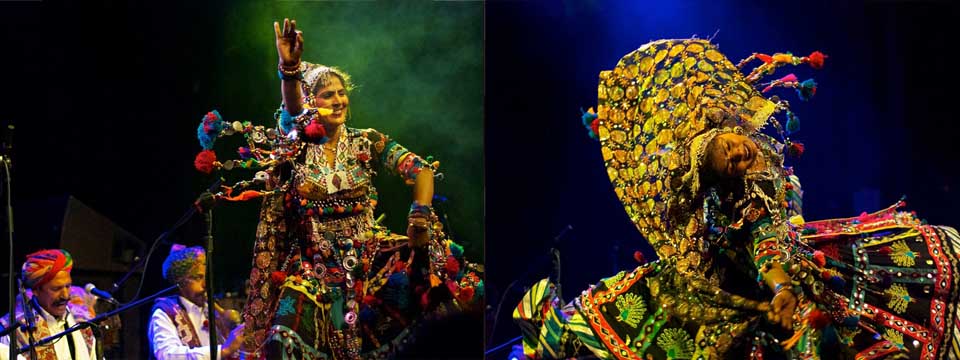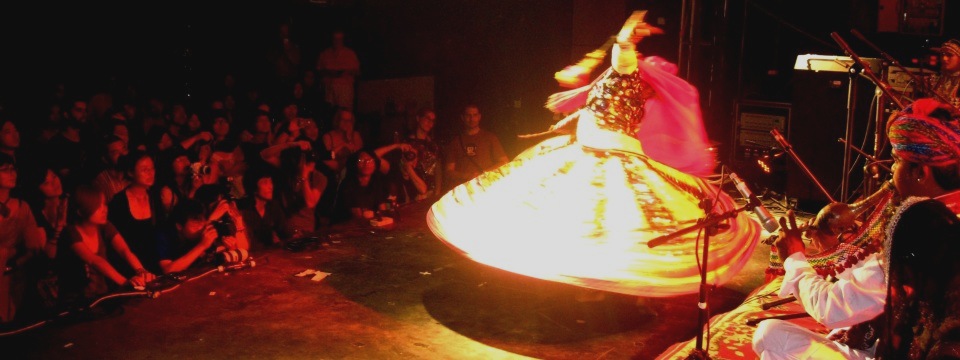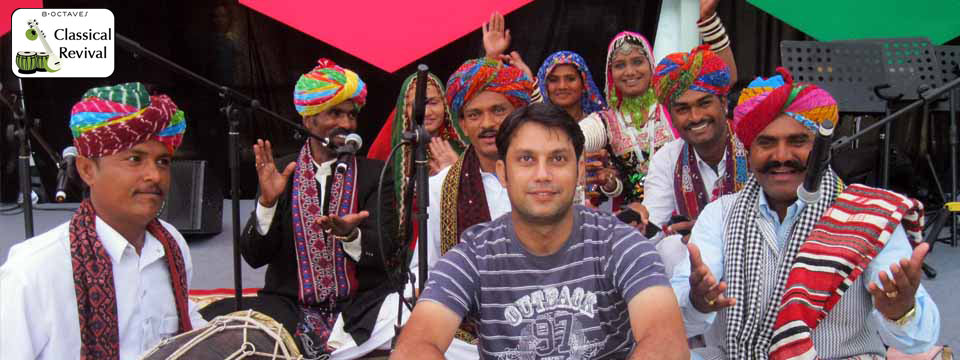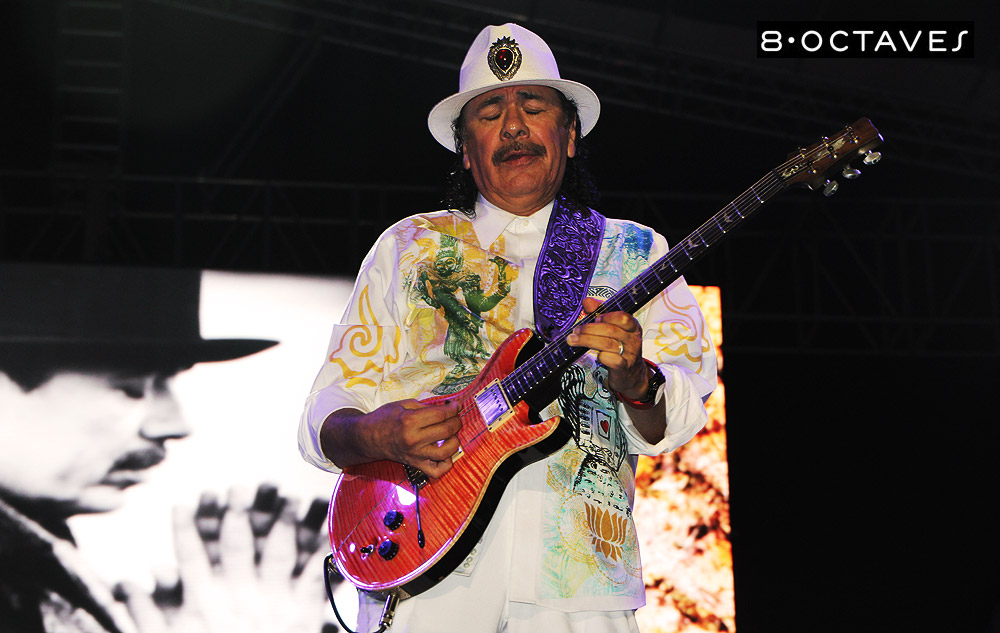RHYTHM OF RAJASTHAN, an incredible initiative that collaborates across various folk performers in Rajasthan. Conceived in Jodhpur, Rajasthan by Nitin Nath Harsh, a folklore promoter from Rajasthan, the group has a vision and mission to assemble folk performers that can showcase their talent at national and international platforms. Eight Octaves caught up with Nithin for a chat on the group’s past, present and future.
Eight Octaves: Tell us about your early days. How did you start off this group?
Nitin (For Rhythm of Rajasthan): I started my career in Rajasthan’s performing arts with Late Padama Bhushan Komal Kothari. In the early years, I was engaged mostly in the research and documentation of different folk performing arts of Rajasthan. Working for Komal da’s organization for six years, I documented approximately 300 hours of Video on different art forms. Later on, I decided to continue my career on same path which I feel was highly inspired by Komal Kothari.
In 2007, I founded Rhythm of Rajasthan, which aims to promote top-class performing arts of Rajasthan including musicians, dancers, poets, acrobats and puppeteers.
Eight Octaves: How did the idea of the group come about?
Nitin: While working on documenation of these Rajasthani artists, I was continuously impressed with the Rhythms. Rajasthani Folk Music has a very unique and versatile rhythm which reflects the essence of the vibrant land of the Thar Desert. So I named my project “Rhythm of Rajasthan”
Eight Octaves: How do you choose performers that come under ROR?
Nithin: With the work I had done with Komal da, I got in touch with every talented folk performer in Rajasthan. I know now which musician is good on instrumental and who is better at supporting the group. I now have a clear vision on how I can assemble the best group according to performance necessity.
Eight Octaves: How does the collaboration work?
Nitin: Time to time, I organize workshops and field tours to collaborate with new musicians.
Occasionally I do studio recording for promotional work.
Eight Octaves: Who would be the group’s biggest influences in music and in life?
Nitin: For me and my musicians, the only influence is Komal Kothari, because almost three generations of musicians have worked with Komal da.
Whether we perform in India or internationally, we always remember him as our mentor (Guru).
Eight Octaves: What was it like working with the legendary Komal da?
Nitin: It was a life changer. When I first contacted Mr. Kothari, I was not aware of his background. I joined him under technical: video shoot and editing. But later on, he pushed me into field research and documentation. And I spent 2 years doing various field recording projects. He also promoted my National and Foreign Documentary Project and sent me to participate in few International Conferences and Training workshops.


Eight Octaves: Apart from Rajasthani, do you follow any other genres of music?
Nitin: No, I mostly work with Rajasthani genres of Music including folk, Sufi and devotional.
Eight Octaves: What was it like for the performers at the World Music Shanghai Festival?
Nitin: it was a great experience. It was a well organized festival; mostly an outdoor free concert for the public.
For most of the audience, this was their first Rajasthani performance. Our musicians also enjoyed performing at Shanghai Festival.
Eight Octaves: Any tours planned currently?
Nitin: Yes, in September-October 2013, we are going to the US to perform in various cities.
http://globalarts.ca/Rhythm-of-Rajasthan/RofR-Tour-Dates.asp
Eight Octaves: Any promising young artists in the current scene, who you think can carry forward the torch of Rajasthani music?
Nitin: Yes, I am very impressed with Shakoor Khan Langa. He is a multi-instrumentalist musician. He plays the Algoja (Double Flute), Morchang and Khartaal.
I worked with his father too, Habib Khan Langa. He was also a multi-instrumentalist who played the Sindhi Sarangi, Algoja and Morchang.
(Attached Shakoor Picture)
Eight Octaves: Lastly, any words of advice for the young aspiring musicians out there?
Nitin: Rajasthani folk music has survived only with the help of the traditional patrons and systems. For centuries, these musicians are performing their music for their patrons in villages. This tradition keeps them connected to their roots and also enriches their culture.





